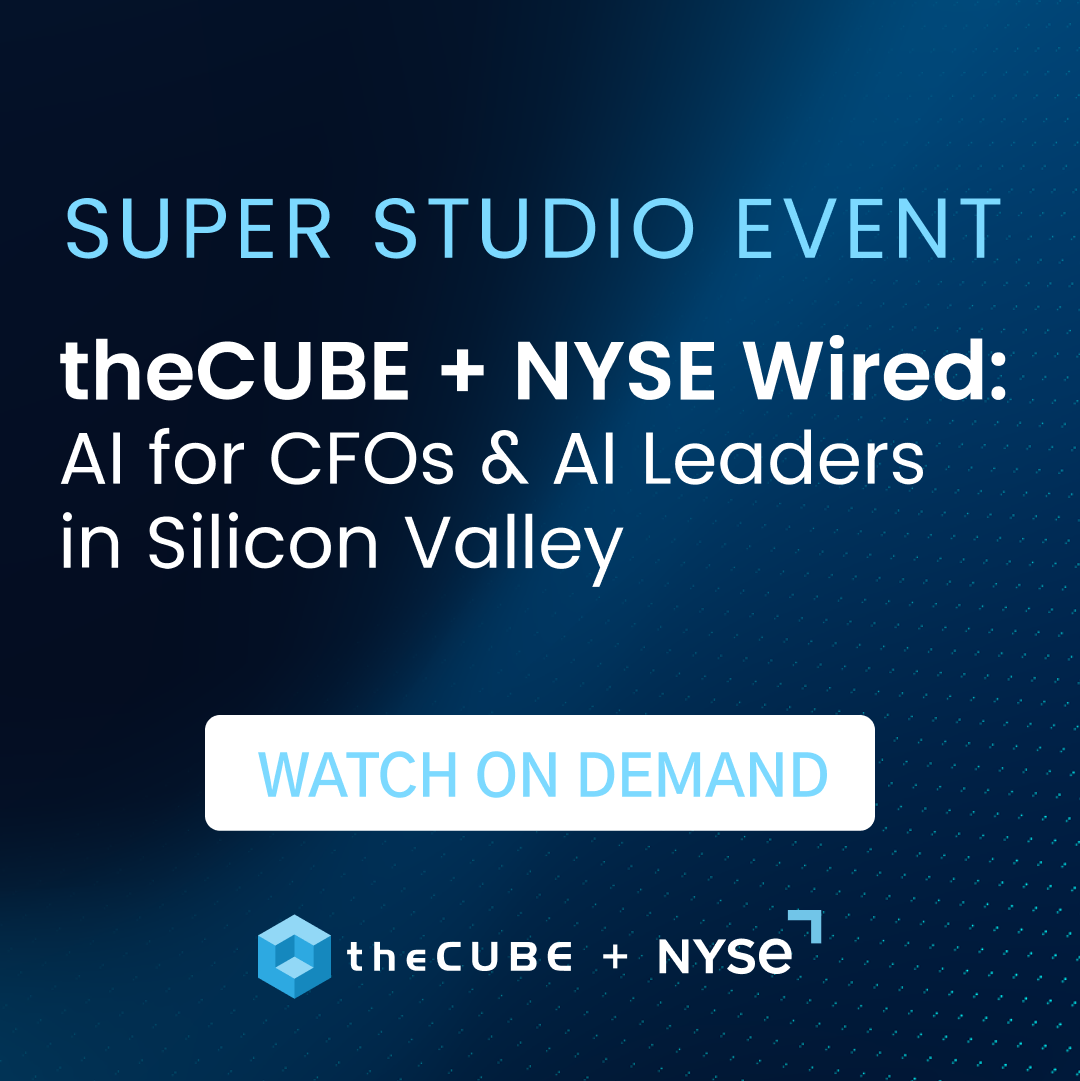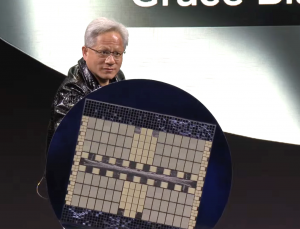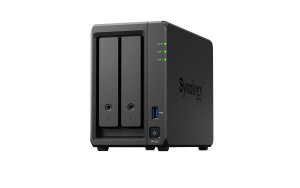Cloud future is about being invisible : Meshing all services together
![]() Today, CSC announced a strategic partnership with HCL Technologies to help the enterprise market modernize their applications for migration to the cloud.
Today, CSC announced a strategic partnership with HCL Technologies to help the enterprise market modernize their applications for migration to the cloud.
HCL and CSC will create a world-class application modernization delivery network to enable enterprises to shift from legacy technologies to a cloud-enabled platform. The first delivery centers will be launched in Bangalore and Chennai. These delivery centers will lower the risks and costs for clients transitioning to the cloud.
Recently, in a public Crowdchat debate, CSC talked about an approach to modernizing the enterprise. {Note: A full on the record Crowdchat crowdsourced transcript can be found here}. One major takeaway validated by the crowd is the notion of multivendor cloud infrastructure. This is also a high velocity public conversation in the Openstack community.
The cloud is moving out of the trough of disillusionment to value creation, which is one of the main reasons why cloud movement is booming again. Many proof points are emerging. One major key to the success for companies migrating to the cloud will be integration – in other words, both economic and performance benefits. That means no single company dictates the technology or how applications and services get deployed and operate.
The CSC approach
theCUBE Alum and CSC executive Dan Hushon elaborates on CSCs approach:
We are building a cloud agnostic platform for our clients as they prepare for a multi-vendor, multi-cloud world. This collaboration with HCL will enable CSC to modernize cloud applications at scale, orchestrate them through the policy controls of ServiceMesh, host them on either CSC’s IaaS/Clouds or third-party cloud infrastructure, run them on AT&T’s scalable and secure network, and add complementary big data, cyber security and storage services.
The Times of India reports that HCL and CSC are working on a tie up to leverage HCL’s offshore delivery capabilities in infrastructure management. In an email comment from Eric Simonson, managing partner at the research firm Everest Group.
Eric comments, “In effect, CSC raises the white flag on traditional, asset-heavy IT infrastructure outsourcing. Noting that CSC can’t sell the business, so this lowers their costs and raises margins as they look to sunset the business. They end up with less stranded assets as they then focus on their cloud business – a huge bet on the future of cloud and their ability to compete in that space.
“For HCL this is a doubles down on Remote Infrastructure Management Outsourcing known as (RIMO) and accelerates past Tata Consultancy Services (TCS) in this segment. However, it further concentrates their revenue in infrastructure. Very strong move by both companies. It is rare to see such a bold move, particularly by CSC who still has the legacy data centers. Could they sell these assets to a REIT and free-up capital to reinvest in the cloud? Watch this space.”
Service mashups: the holy grail
Dave Vellante of Wikibon believes that HCL and CSC can modernize an integration capability that will be scalable in key vertical markets like banking with SAP and assets from multiple companies. SiliconANGLE talks about this in terms of orchestration in the cloud towards the top of the stack.
I find the ServiceMesh acquisition very relevant because “mashing up services” and “meshing them together” is the holy grail for rapid scalable integration in the cloud. This is what AWS and others are doing in terms of orchestration and closing the loop for developers and applications/services. This deal brings ServiceMesh into focus because now CSC and HCL can create a common blueprint and modern infrastructure and automation for the new software approaches in devops for a new kind of software development lifecycle (SLDC).
A message from John Furrier, co-founder of SiliconANGLE:
Your vote of support is important to us and it helps us keep the content FREE.
One click below supports our mission to provide free, deep, and relevant content.
Join our community on YouTube
Join the community that includes more than 15,000 #CubeAlumni experts, including Amazon.com CEO Andy Jassy, Dell Technologies founder and CEO Michael Dell, Intel CEO Pat Gelsinger, and many more luminaries and experts.
THANK YOU













